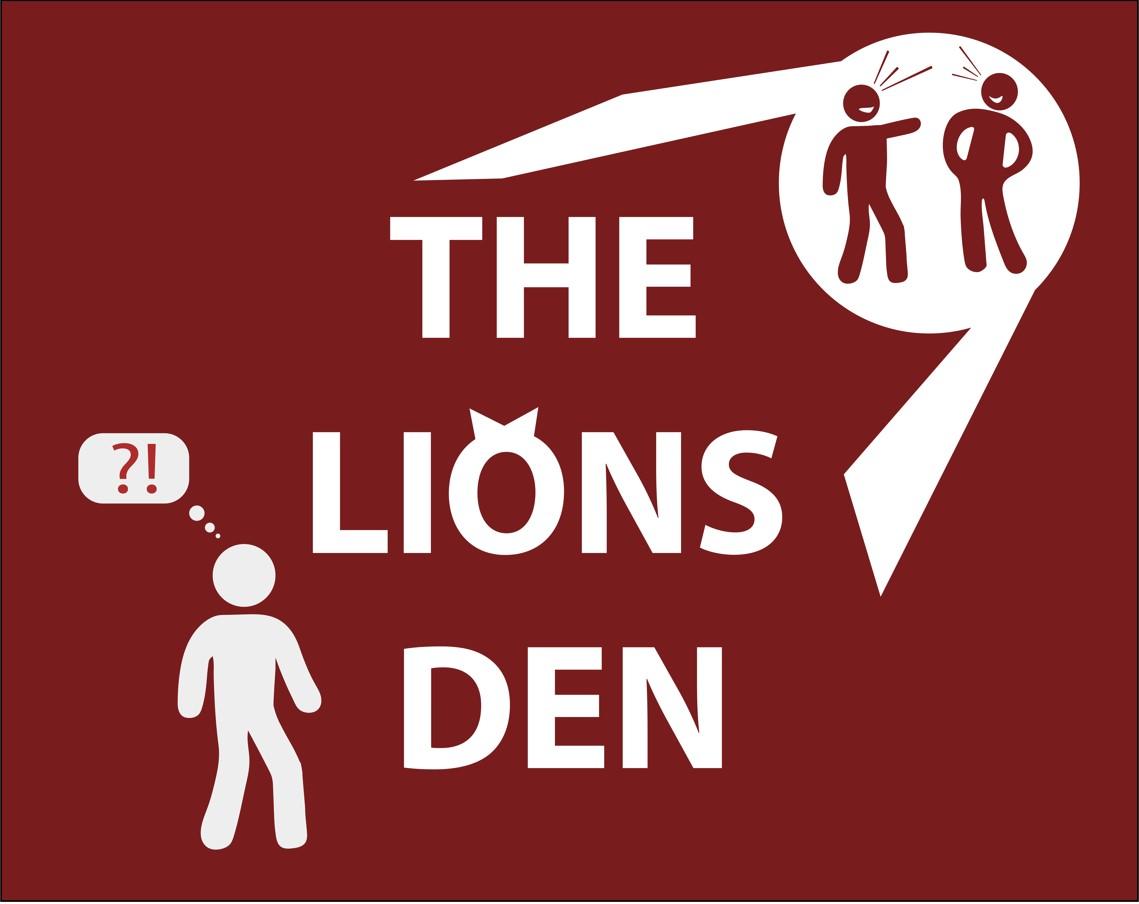By: Grace Berryhill
Belonging. The word you’ve probably heard on this campus over 100 times just this year. That isn’t said with negativity, but a fact of the matter is that it is very obviously being implemented into Whitworth’s curriculum and campus life.
There are many sides to belonging, some negative and some positive.
One negative is that belonging, or the pressure to belong, puts a certain amount of pressure on a student to force themselves to fit into a situation where they might not fit.
“I feel like any pressure, in that feeling of needing to find your group and find your friends and stuff like that, is more self-influenced,” Raechelle Pidone, an RA in Baldwin-Jenkins hall said. “I definitely know that I was feeling that way as a freshman, last year.”
Everyone has their own pace of opening up and no one’s pace looks the same. It is easy to compare oneself to the students directly around you but the key to feeling secure is understanding that it will take time, maybe even a very long time for some, to get acclimated to an entirely new situation.
Another negative of belonging is that introverted people or people who might not find fun in chanting or playing outside games during orientation, need to have a place as well.
“That’s actually why during all of those events, there was always an optional other thing that was more low-key.” said Pidone. “Traditiation is not meant for everyone. It’s for everyone and anyone can join, but not everyone wants to join.”
During training, the RAs are put through a multitude of steps and team-building exercises to reach a large group, not just the selected few. “I don’t think it was, ‘let’s cater to just these specific people.’ [Instead] it very much was, ‘how do we cater to people who are more extroverted and how do we cater to people who are more introverted?’” said Raechelle.
There is the big question: Is it a universities responsibility to make the students feel like they belong?
To that Pidone said, “I do think it is the university’s responsibility to foster an environment where people feel like they could possibly belong.”
This brings up the point that college students are mainly adults and have to take a certain amount of responsibility for their own sense of integration into this new environment.
“I don’t think the university has to say, ‘you have to have friends’… but I feel like the university needs to make an environment of saying, ‘you can have friends.’” Pidone said.
“I’m really happy that the university is taking an initiative to work towards and improve student involvement and student belonging,“ Pidone said. “On the other hand, I do feel like the university can only do so much because it is an individual’s level of how much everybody wants to get involved [and] the effort they want to put in.”
The previous aim of this article was to convince the students of Whitworth University that the belonging “initiative” on this campus was ineffective and over the top; but, to my recent discovery by talking to the people who truly believe in it, I’ve realized it could be quite the game changer for all people to explore.
While the university definitely has room for improvement, I think the efforts of the staff, especially the residence hall staff, are noted and should be rewarded with gratitude from the students.
The Director for Student Success and Equity, Ayaka Dohi, is the overseer of diversity, equity, inclusion and belonging.
What started the “belonging initiative” on this campus was a small retreat last spring where students could attend the “belonging retreat.”
Dohi noticed that “students from historically marginalized identities, BIPOC students, students who had disabilities or neurodivergent, LGBTQIA+ students, first gen, immigrant and national, were kind of all operating in their separate groups, but the experiences of exclusion and marginalization were similar.”
The team saw the opportunity to explore what it means for students to come together and explore collective strengths, gifts and experiences.
“We provided workshops around affirming identity and telling their story, because sometimes when you don’t feel like you belong, one of the things that can happen is that you feel like you can’t be yourself,” Dohi emphasizes. “You can’t be authentically yourself.”
Through this college experience, we are all figuring out who we are and what we think and feel; but sometimes just knowing that the staff acknowledges our varying qualities and is making a great effort to embrace them, can mean all of the difference.
“It’s important to note that some first-year college experiences seem very, I don’t know, it works really well for extroverted types… but we also have a responsibility to make sure that the activities and programs we offer are welcoming and accessible to everyone.”
Furthermore, the advancement of belonging on campus would be nothing if it wasn’t effective and accessible. Some of the resources students can find on campus are the Bucs Bridge peer guides that are mentors to first-generation, BIPOC, LGBTQ+students and students who have disabilities.
Also available are the Cultural Diversity Advocates, career peer coache, and student success coaches.
In the future, there will be belonging mentoring partners for students who are interested in getting paired up with a staff or faculty member, who will be their mentor throughout the year.










 Spokane?
Spokane?